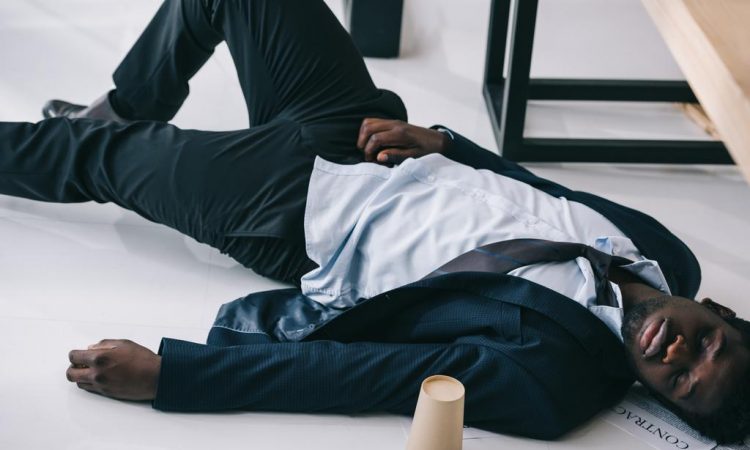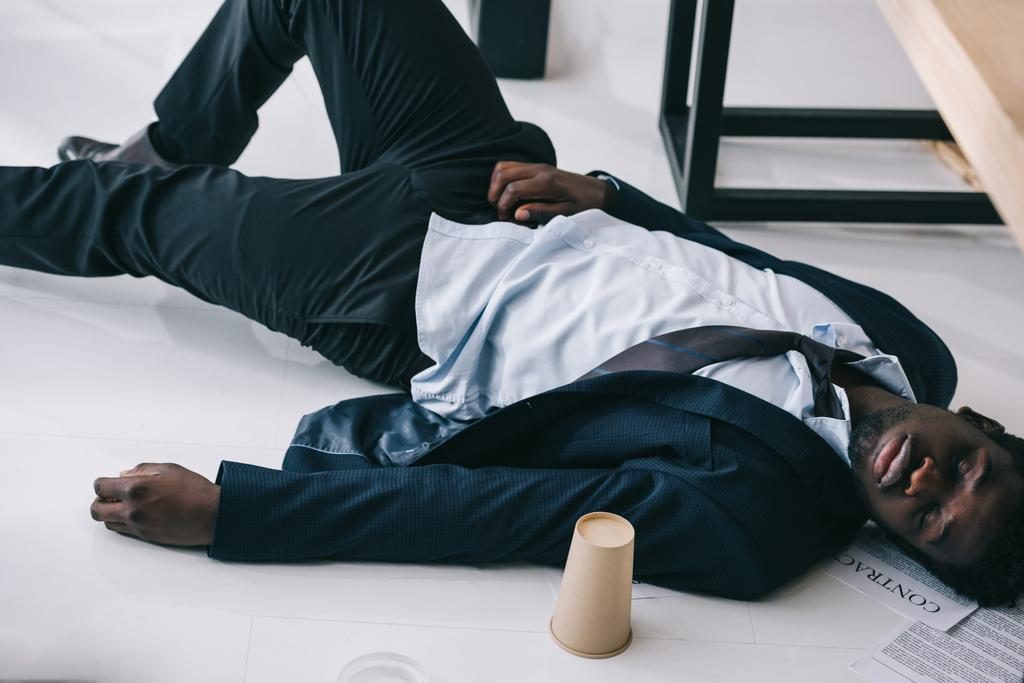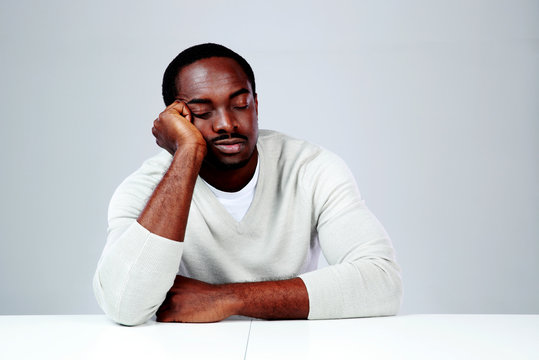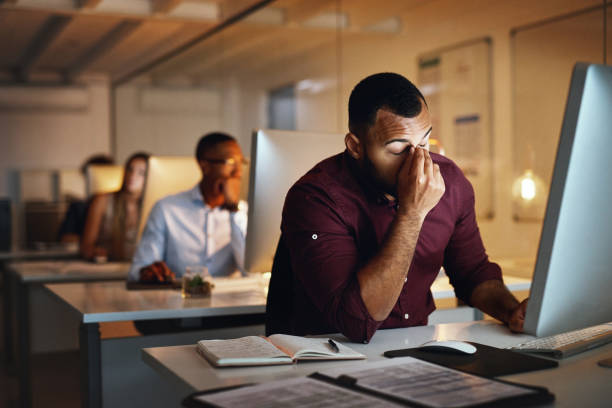
Recent studies have shown that a 20 – 45-minute catnap helps lower blood pressure, Researchers reported that a daytime snooze could improve heart health, particularly if you’re not getting as much sleep as you should at night.

This follows a recent six-year Greek study which found that people who took a 30-minute siesta at least three times a week appeared to have a 37 per cent lower risk of heart-related death.
The theory is that napping, by encouraging you to relax, reduces blood pressure.It can also help your brain. A study by the University of California found that after a 90-minute daytime sleep, volunteers performed better in complicated written tests than those who were kept awake.

Forty minutes: If you didn’t sleep well last night and need a boost in concentration, a 40-minute snooze should mean you pass through a period of rapid-eye-movement (REM) sleep, which is when the brain undergoes the important tidying-up and clearing-out process.
‘Evidence shows that napping for this amount of time is also enough to rebalance the immune system and pep up energy levels, Just be sure to set an alarm — sleeping beyond 45 minutes puts you at risk of drifting into deeper, ‘slow-wave sleep’, and if you are woken up during this phase, you may find it hard to shake off feelings of inertia, grogginess and disorientation.
Ninety minutes: If you have the luxury of time, a nap lasting one-and-a-half to three hours should take you through one full sleep cycle, allowing you to access the really deep sleep which repairs the body.
THE BEST TIME TO SLEEP
Nap too early in the day and you may find it difficult to fall asleep; too late and it may affect your ability to fall asleep that night.
Our energy levels normally dip between 1pm and 3pm. This is because we get a natural rise in the hormone melatonin (the sleep hormone, levels of which normally peak at night), so this is a good time to nap.
‘Larks’ (who go to bed early and are active early in the morning) should nap at around 1pm. Owls (who go to bed after midnight and sleep late in the morning) should nap at around 2.30pm.

TRICKS TO HELP YOU SNOOZE
- Choose a dark room or wear an eye mask, and lie down (it can take 50 per cent longer to fall asleep while sitting).
- To maximise the benefits, drink coffee before your nap — caffeine takes 20 to 30 minutes to take effect, so will kick in just as you’re waking.
- If sleeping eludes you, close your eyes and concentrate on your breathing. Breath deeply and slowly.
- Bizarre as it sounds she advises: ‘Mentally whisper the word “iiiiiin” as you inhale and “ooooout” as you exhale.’
Source – Daily Mail







